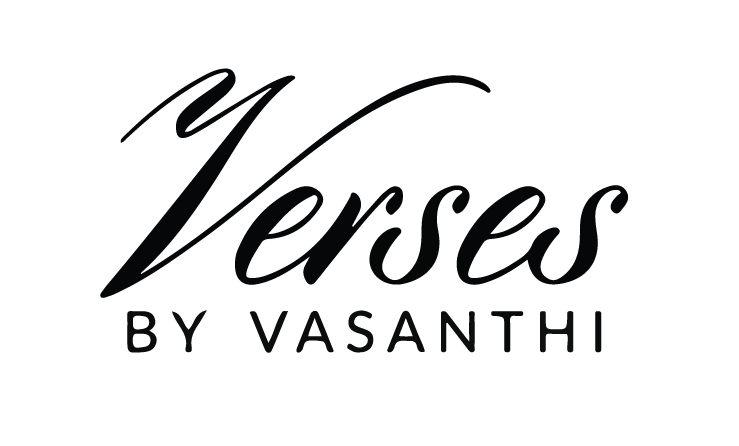Demystifying poetry as a form of communication
Expressing oneself in verse is, indeed, as natural to humans as it is to sing, dance, draw and paint! The more we engage with verse, the more it gets demystified! All of us can read and understand poetry just as easily as we can read and understand prose and what’s more, we can write poetry too, if we wish to. Think of poetry as beautiful works of ‘art’ in words; at times full of beautiful imagery, at times lyrical and lilting like a song that touches the heart. You really don’t need to know about literary devices generally used in poetry like similes, metaphors, alliteration, repetition, hyperbole, rhyme, rhythm and metre. Just read it with your heart and see it in your inward eye, to quote Wordsworth, and connect with the poem. Many a time, a poem evokes a feeling of déjà vu, of recalling a similar experience. Think of poetry as a conversation between you and the poet. Though most poems are subjective, only the limitation of your imagination and your own experiences decide what you draw from the reading. And so, each response is unique. Such is the power of poetry!
Many people think that poetry, as a form of communication and literature, is highly stylised and artificial especially when compared to prose. Don’t we speak in prose rather than in verse? This is the common question. But in reality, communicating in verse is quite as natural and maybe more effective and dramatic. It’s not surprising that we have large bodies of literature in verse as well and long ago, some 4500 years ago, Vedic literature- the Rig Veda for example, was completely in the form of spontaneous and fresh verse. The medium of poetry was used to communicate the loftiest thoughts! That it is spontaneous and not premeditated is the reason why verse is so potent in conveying both the subtlest thought and the most complex emotion. Hindu epics, Ramayana and Mahabratha told us the most profound universal truths all in verse! Consider Old Testament, a beautiful treatise in verse! Greek epics too, were in verse. Why did the ancient civilisations use verse? Was it because the written word was yet not in use and so, it was easier to commit verse to memory? Or was it because the highest thought found expression better in verse that was not only full of imagery but also sweet and pleasant to the ear?
Life and times have come a full cycle and it is very heartening to see that in the 21st century, verse is becoming rather popular especially in social media platforms like Instagram and YouTube. Modern poetry too, is rather direct, written almost like prose, in free verse and so, easy to understand and appreciate. There is nothing so pedantic about poetry these days, and so, like songs, it is becoming quite popular as an engaging art form.



Leave a comment